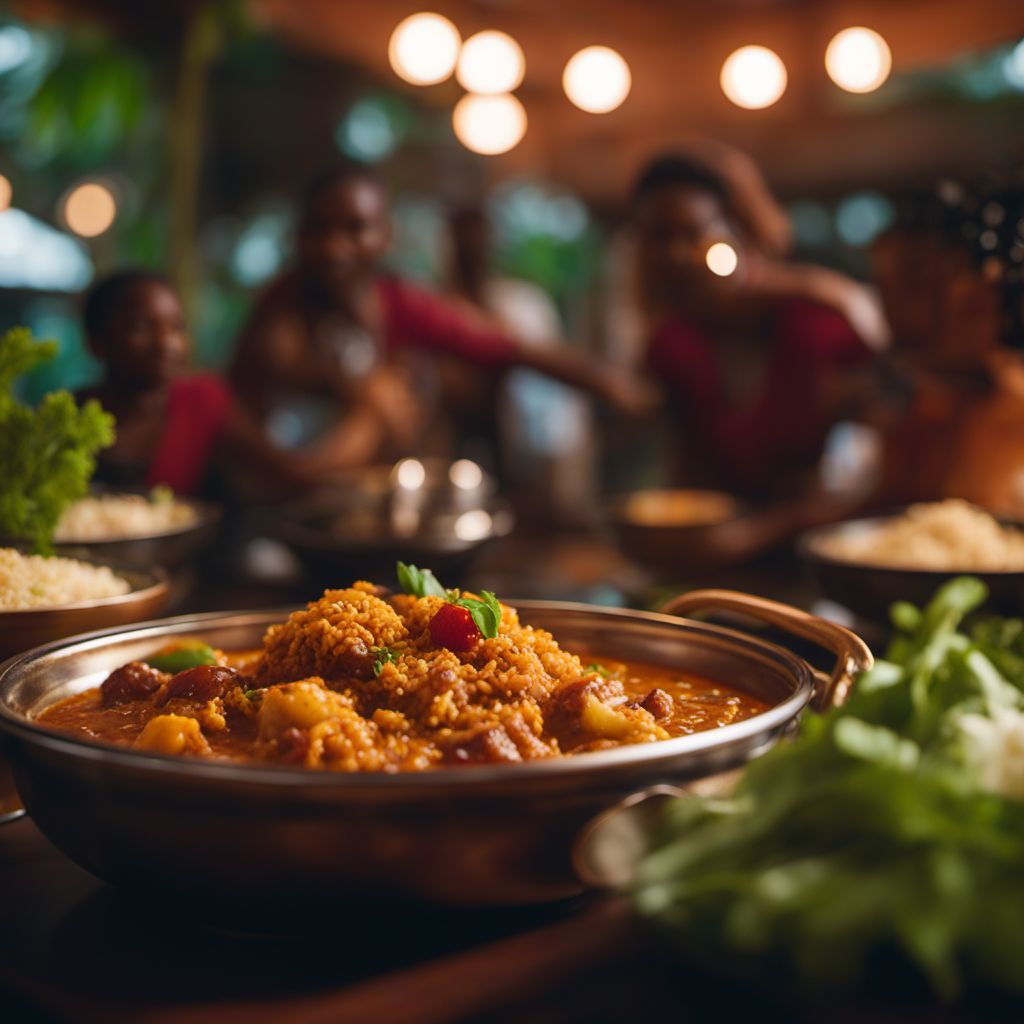
Cuisine
West Indian cuisine
West Indian cuisine is a melting pot of flavors and cultures. It is heavily influenced by the African, Indian, European, and indigenous Caribbean cuisines. The cuisine is characterized by its use of bold flavors, spices, and tropical ingredients. The cuisine is also known for its use of seafood, rice, beans, and stews. West Indian cuisine is a reflection of the region's history and cultural diversity.
Typical ingredients
Seafood, Rice, Beans, Plantains, Yams, Cassava, Sweet potatoes, Breadfruit, Callaloo, Ackee, Mango, Papaya, Coconut, Scotch bonnet peppers, Allspice, Nutmeg, Cinnamon, Ginger, Thyme
Presentation and garnishing
West Indian cuisine is often served on colorful plates and bowls, and is garnished with fresh herbs and spices. The cuisine is also often served with rice and beans, and is accompanied by a variety of sauces and condiments.
The national dish of Jamaica is ackee and saltfish, which is made with ackee fruit and salted cod. The dish is often served with fried plantains and dumplings.
More cuisines from this region...
Maharashtrian cuisine, Gujarati cuisine, Rajasthani cuisine, Sindhi cuisine, Parsi cuisine, Malvani cuisine, Goan cuisine
History
West Indian cuisine has a rich history that dates back to the arrival of the Europeans in the Caribbean. The cuisine was heavily influenced by the African slaves who were brought to the region. The slaves brought with them their own culinary traditions, which were then blended with the indigenous Caribbean and European cuisines. The cuisine continued to evolve over time, with the arrival of Indian and Chinese immigrants in the region. Today, West Indian cuisine is a reflection of the region's history and cultural diversity.
Cultural significance
West Indian cuisine is an important part of the region's cultural identity. It is often served at festivals and celebrations, and is a source of pride for many West Indians. The cuisine is also popular in other parts of the world, particularly in the United States, Canada, and the United Kingdom.
Health benefits and considerations
West Indian cuisine is known for its use of spices, which have been shown to have a number of health benefits. Spices like ginger, thyme, and allspice have anti-inflammatory properties, while scotch bonnet peppers have been shown to boost metabolism and aid in digestion. However, the cuisine is also known for its high fat and calorie content, so it should be consumed in moderation.
West Indian cuisine recipes Browse all »

West Indian Coconut Bread Pudding
Tropical Delight: West Indian Coconut Bread Pudding

West Indian Spiced Taai-Taai Cookies
Caribbean Spice Delight: West Indian Taai-Taai Cookies
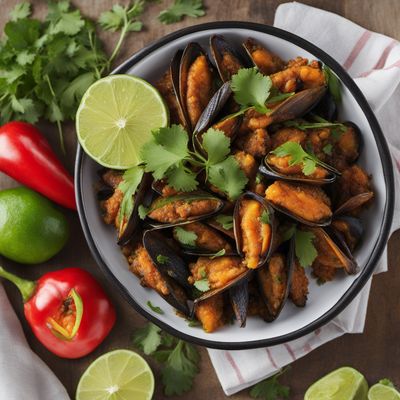
West Indian Spiced Fried Mussels
Caribbean Delight: Spiced Fried Mussels with a Tropical Twist
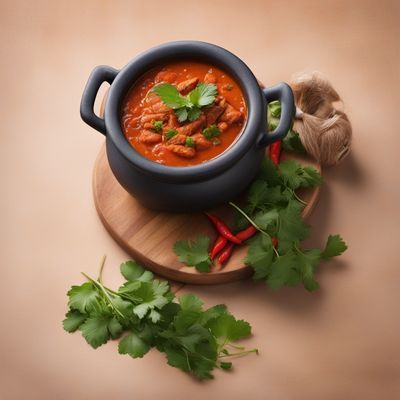
West Indian Madrouba
Caribbean Comfort: West Indian Madrouba

West Indian Style Chicken with Coconut and Spices
Caribbean Coconut Chicken Delight

West Indian-style Demi-glace
Caribbean Fusion: West Indian-inspired Demi-glace

West Indian Style Rumali Roti
Flavorful and Thin West Indian Rumali Roti: A Delicate Delight
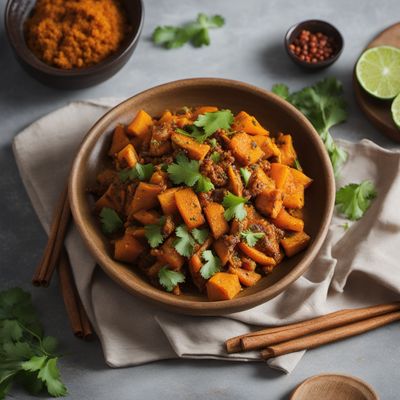
Spiced Pumpkin Stir-Fry
Caribbean Delight: Spiced Pumpkin Stir-Fry
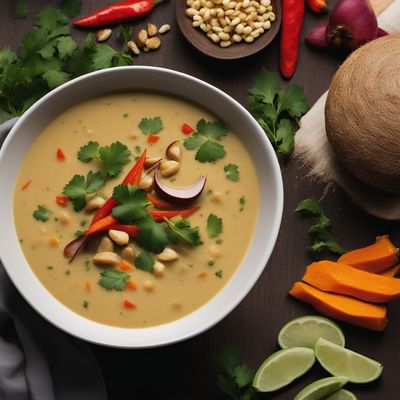
West Indian Spiced Clam Chowder
Caribbean Delight: Spiced Clam Chowder with a Tropical Twist

Grilled Spiced Mackerel with Caribbean Flavors
Caribbean Delight: Grilled Spiced Mackerel with Island Vibes
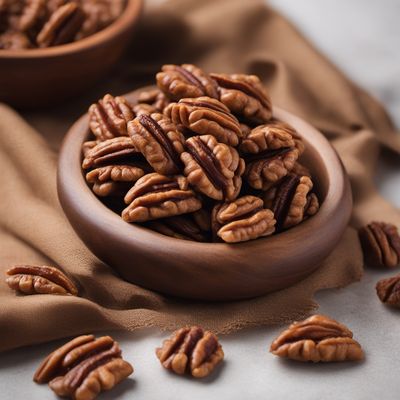
West Indian Pecan Pralines
Caribbean Delight Pecan Pralines

West Indian Spiced Clams
Caribbean Delight: Spiced Clams with a Tropical Twist